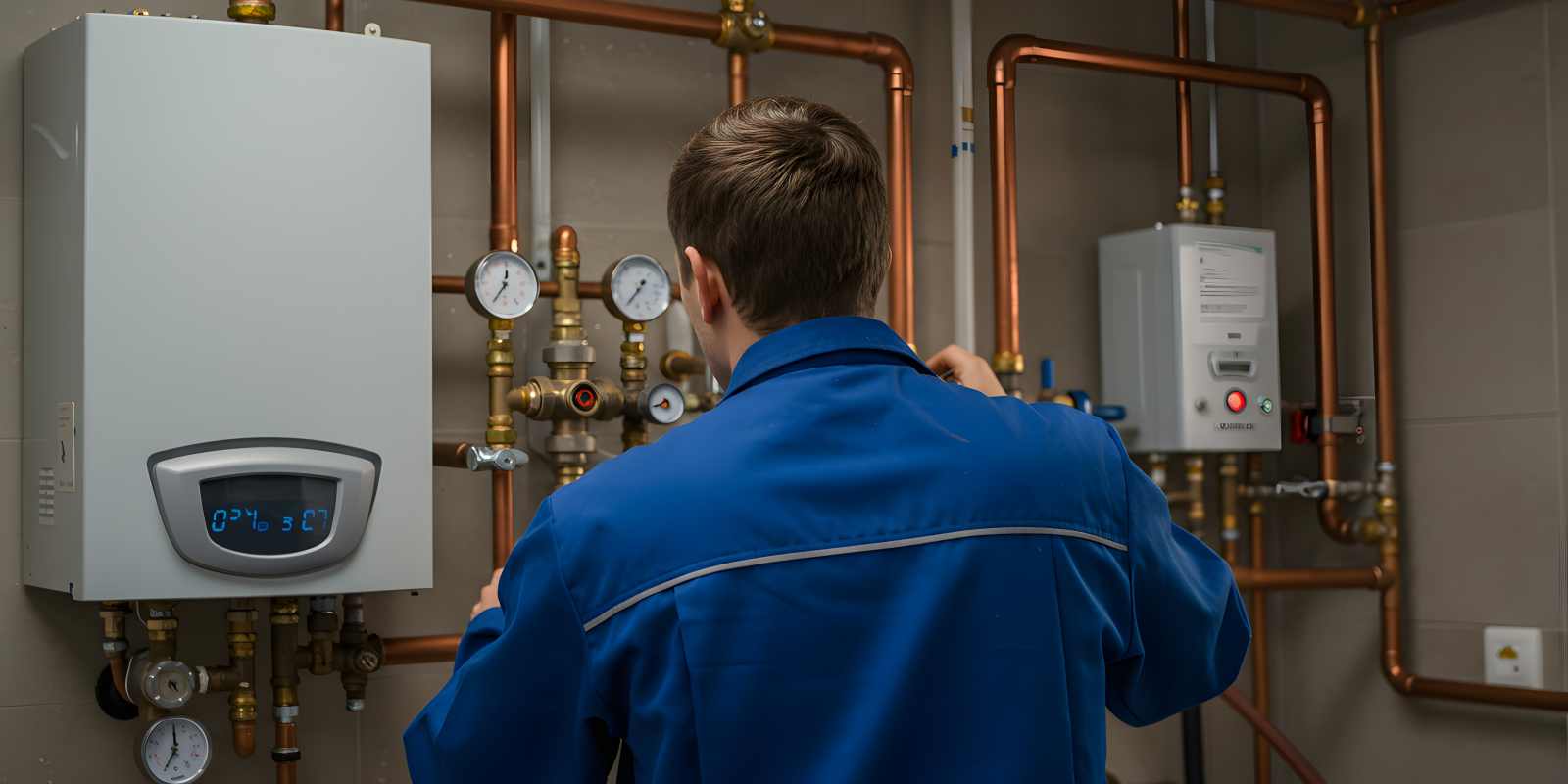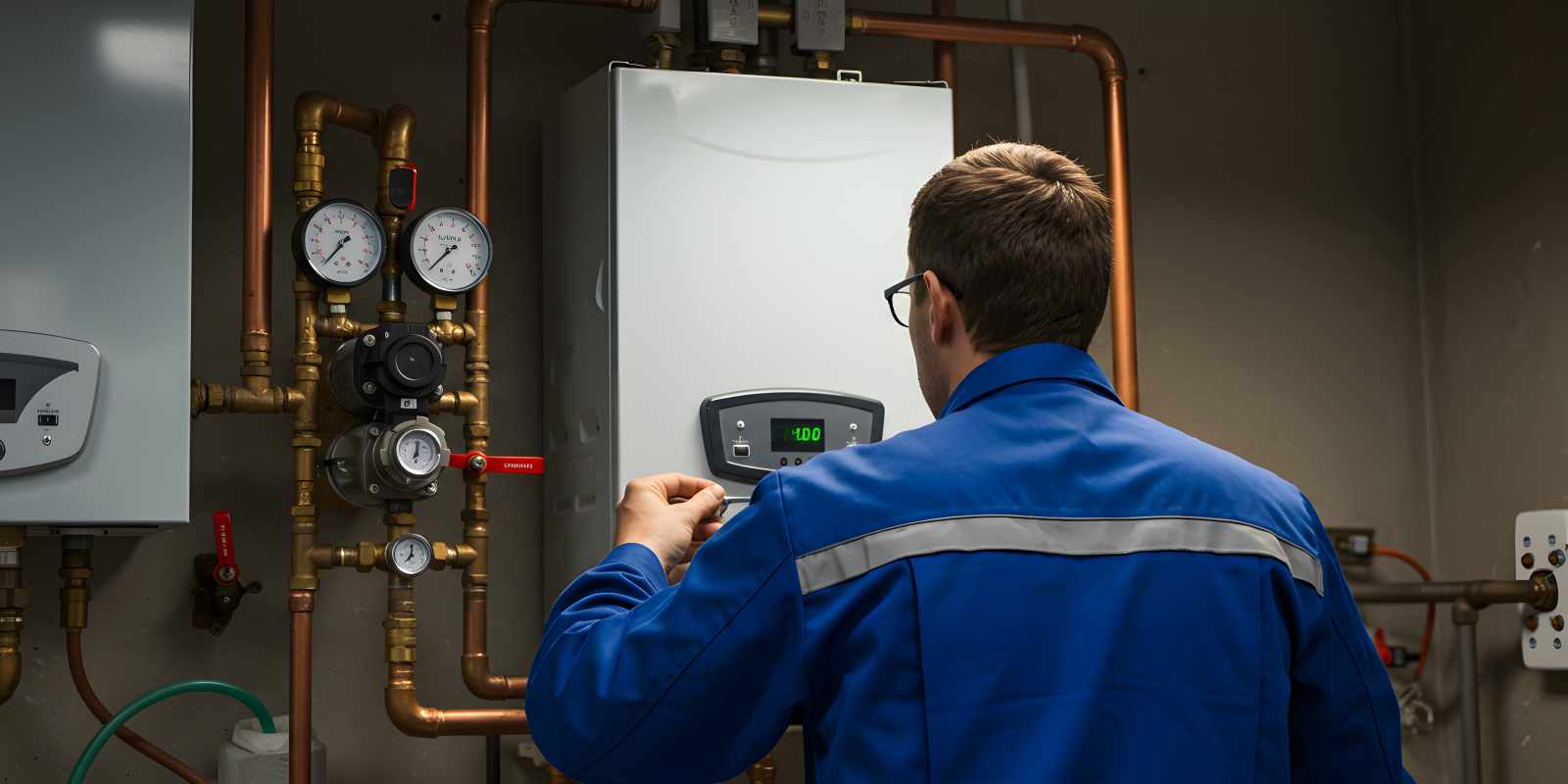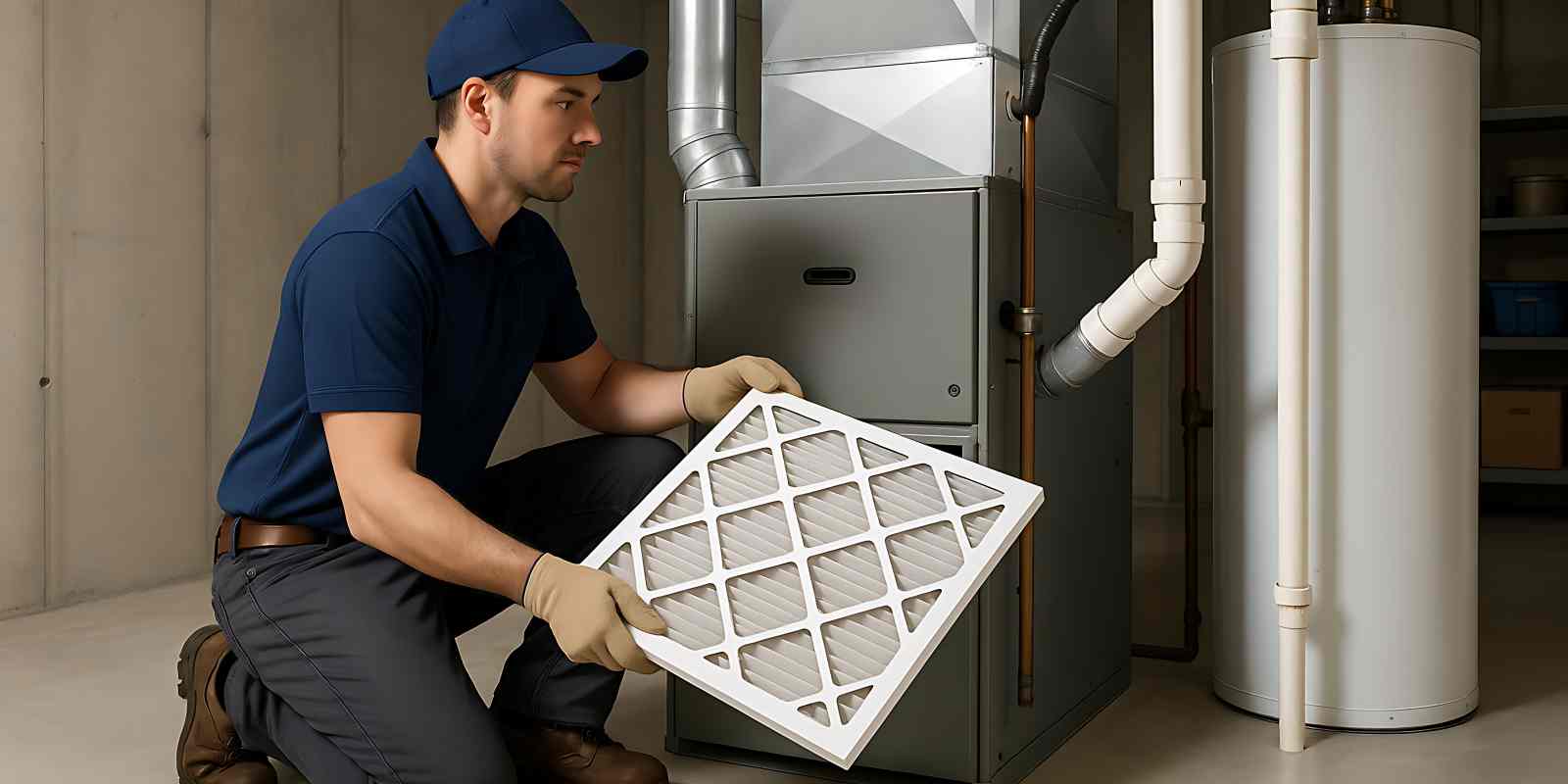
The Real Impact of Heatwaves on Your Home’s Infrastructure
Every summer seems hotter than the last—and heatwaves are no longer an occasional inconvenience. They’re becoming longer, more intense, and more frequent, especially across the Northeast. And while you may feel the discomfort in the air, your home’s systems are feeling it too.
Heatwaves put an enormous strain on everything from your HVAC system to your plumbing and electrical infrastructure. If you’re noticing higher bills, inconsistent cooling, or unexplained issues around the house, it’s not just the weather—it’s how your systems are reacting to it.
Why Heatwaves Push Home Systems to the Edge
Your home is built to handle seasonal change. But it’s not necessarily built for days—or weeks—of extreme, sustained heat. The longer temperatures stay high, the harder your systems have to work to keep up.
Here’s what’s happening behind the scenes during a heatwave:
-
Your AC system is running nonstop
When outdoor temperatures hover in the 90s (or above), even a well-maintained system may struggle to reach your thermostat setting. This constant operation increases wear and tear, shortens system lifespan, and spikes your energy bill. -
Refrigerant levels matter more than ever
During high heat, insufficient refrigerant or dirty coils can drastically reduce cooling efficiency. If you’ve skipped recent maintenance, your system may be underperforming when you need it most. -
Attics, basements, and ductwork heat up fast
Poorly insulated spaces absorb and retain heat, forcing your system to work even harder to distribute cool air evenly throughout your home. -
Plumbing systems are affected, too
Extreme heat can cause pipe expansion, higher water temperatures, and even reduced water pressure—especially if your system is outdated or already under stress.
Signs Your Home Systems Are Struggling
Even if your AC is running, you may notice subtle (and not-so-subtle) signs that things aren’t operating as they should:
-
Rooms that never seem to cool down
-
AC that runs all day without reaching the target temperature
-
Spikes in your electricity or water bill
-
Water that comes out warmer than expected
-
Noisy HVAC components or odd smells from vents
-
Reduced water pressure during peak usage hours
Don’t wait for a full breakdown to take action—these signs are your early warning.
What You Can Do Now
If you’ve experienced a heatwave recently—or know another is around the corner—now’s the time to protect your systems and avoid mid-summer emergencies.
Here’s how to ease the strain:
-
Schedule a professional HVAC check-up
A mid-season inspection can uncover issues with airflow, refrigerant levels, or component wear that may not be obvious from the outside. -
Seal and insulate problem areas
Spaces like attics, basements, and duct runs should be insulated to reduce heat retention and improve overall cooling efficiency. -
Install a smart thermostat
This allows more precise temperature management and can prevent overcooling or system overuse. -
Check your air filters and vents
Dirty filters restrict airflow, making your system less efficient and forcing it to work harder than necessary. -
Evaluate plumbing insulation
Hot weather can be just as hard on pipes as freezing temps. Proper insulation helps stabilize temperatures and reduce pressure issues.
Long-Term Considerations
As climate patterns shift and heatwaves become more frequent, homeowners may need to start thinking differently about cooling systems. In some cases, system upgrades, zoning, or adding supplemental dehumidifiers may be worth the investment—not just for comfort, but for cost savings and system longevity.
A proactive approach can make all the difference. The longer you wait, the more risk your home runs of overuse-related failures, costly repairs, or complete system replacement.
Final Thoughts
Your home works hard to keep you safe and comfortable—but extreme heat pushes it to its limits. If you’re feeling the heat, chances are your systems are too.
By recognizing the signs early and staying ahead of the strain, you can avoid breakdowns, protect your investment, and keep your home running smoothly, no matter what the forecast brings.



